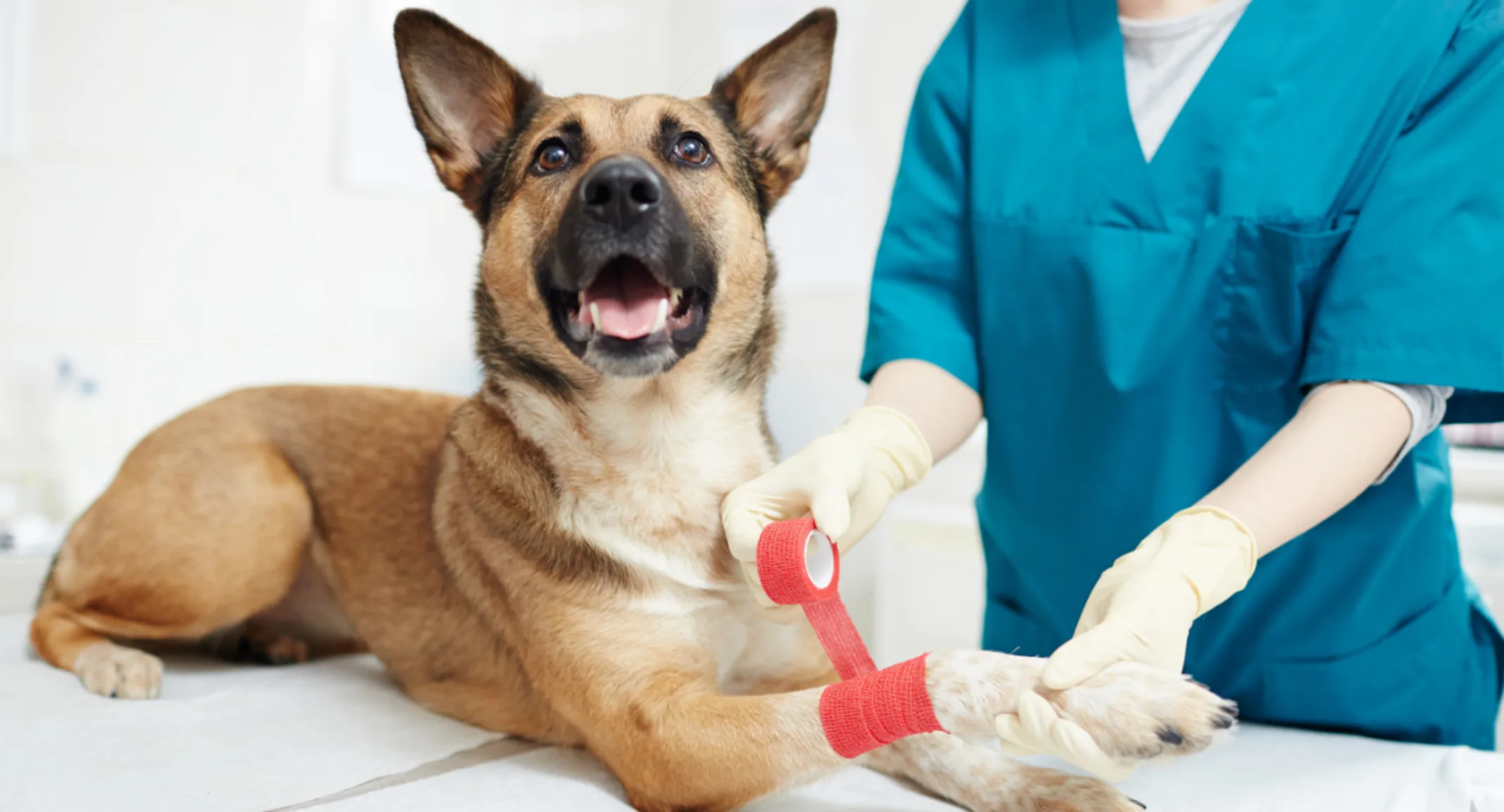Top 5 Common Pet Emergencies and What to Do
September 15, 2025 · For Pet Owners

At SAVES - Small Animal Veterinary Emergency and Specialty, we understand that emergencies don’t follow a schedule. That’s why our hospital is open 24/7, every day of the year, to provide urgent and compassionate care when your pet needs it most. Whether it’s a sudden illness, an accident, or something that just doesn’t seem right, we’re here to help.
Here are the top 5 most common pet emergencies we see, and what you should do if they happen to your furry family member.
1. Vomiting and Diarrhea
These symptoms can range from mild to severe and may be caused by anything from dietary indiscretion to toxic ingestion or underlying disease.
What to Do:
Monitor for lethargy, blood in stool or vomit, or repeated episodes.
If symptoms persist beyond 12–24 hours or worsen, come in immediately.
Dehydration and electrolyte imbalances can develop quickly, especially in small pets.
2. Trauma (Hit by car, falls, etc)
Even if your pet seems okay after a traumatic event, internal injuries may not be immediately visible.
What to Do:
Keep your pet calm and in a comfortable and safe space.
Avoid touching injured areas unless necessary.
Transport them to SAVES immediately, and we’ll assess their injuries.
Cats and dogs are experts at hiding pain. Don’t wait for obvious signs.
3. Toxic Ingestion
Common toxins include chocolate, grapes/raisins, xylitol (found in sugar-free gum), certain plants, and human medications.
What to Do:
Do not induce vomiting unless instructed by a veterinarian.
Bring the packaging or label of the suspected toxin if applicable.
Call SAVES at (603) 306-0007 or ASPCA Poison Control at (888) 299-2973 and head to the hospital.
Time is critical. Early treatment can prevent serious complications.
4. Difficulty Breathing
Labored breathing, wheezing, or blue gums are all signs of a respiratory emergency.
What to Do:
Keep your pet calm and avoid stress.
Do not attempt to give food, water, or medications.
Come to SAVES immediately; oxygen therapy and diagnostics may be needed.
Breathing issues can escalate rapidly. Don’t wait.
5. Urinary Blockage (Especially in Male Cats)
Straining to urinate, vocalizing in the litter box, or no urine output can signal a life-threatening blockage.
What to Do:
Do not wait; this is a true emergency.
Keep your pet comfortable and transport them to SAVES as soon as possible.
Urinary blockages can lead to kidney failure and death within 24-48 hours.
Why Choose SAVES?
At SAVES, we combine compassionate care with advanced diagnostics and treatment. Our emergency team is trained to handle everything from minor injuries to critical cases, and we work closely with your primary veterinarian to ensure continuity of care.
Located in Lebanon, we’re proud to be your trusted partner in pet health, day or night.
Have Questions? Call us anytime at (603) 306-0007 or visit www.savespets.com for more information.
